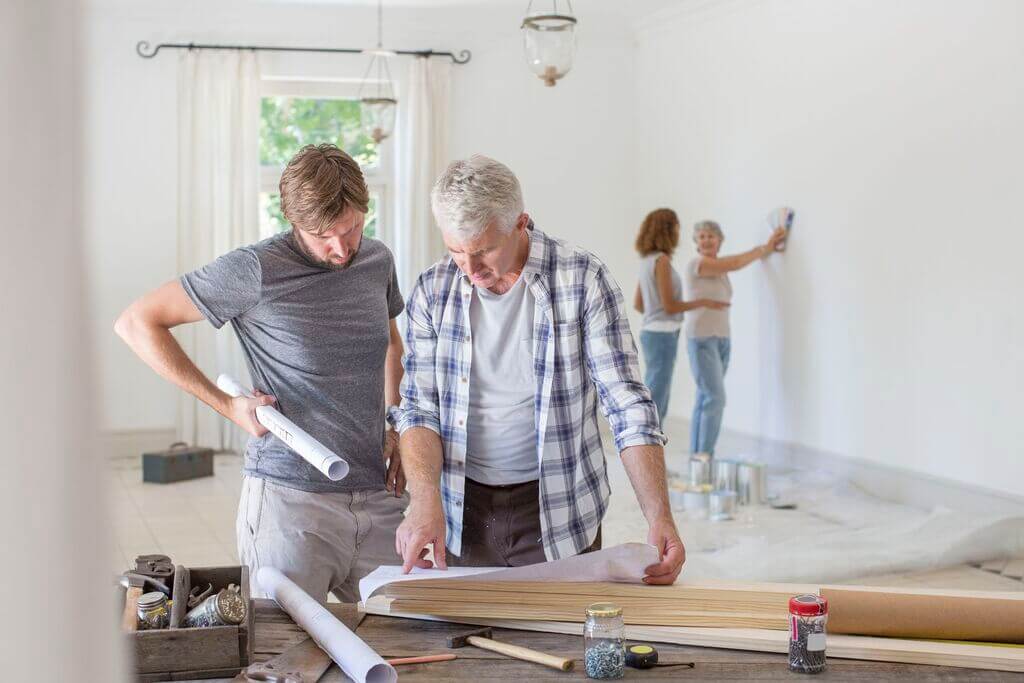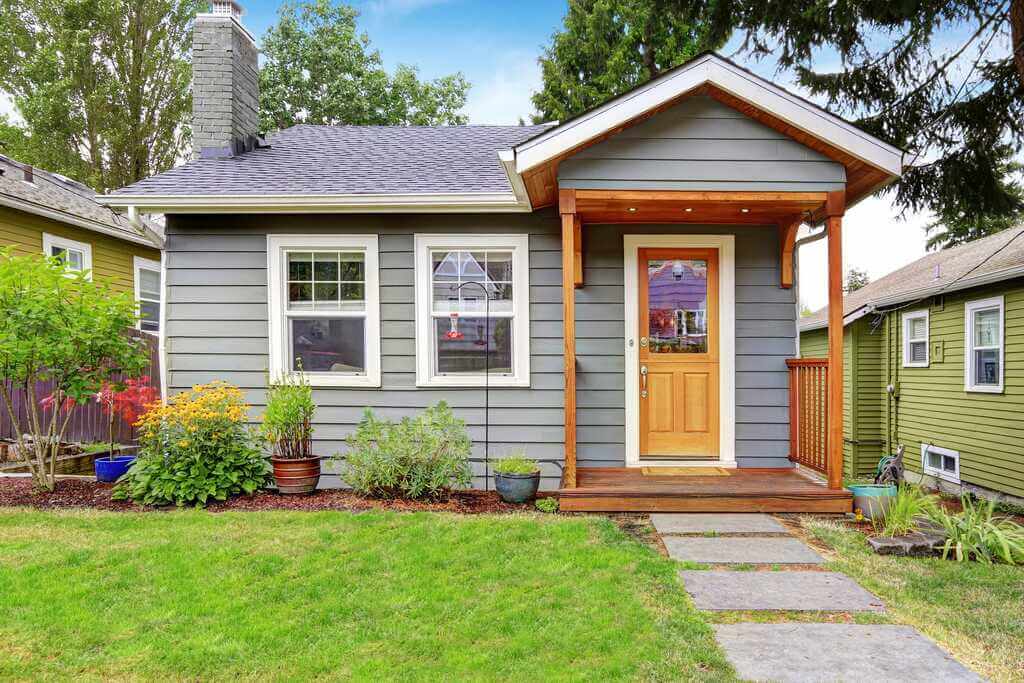Understanding what determines your home’s value is essential, whether you’re buying, selling, or simply investing in improvements. While supply and demand in the housing market play a major role, a variety of other factors, from location and condition to local regulations and market trends, can significantly impact what your property is worth. By considering these key valuation drivers, you can make informed decisions to maximize your home’s value and position yourself for success in today’s real estate market
1. Location

When it comes to appraising your home, location is one of the most critical factors.
For example, your house is far more valuable within a well-ranked school district. Other desirable elements of a location include nearby employment opportunities and recreational activities.
2. Age and Condition
Generally speaking, the newer the home, the more valuable it is. When the central infrastructure of the house is new and in good condition, a potential buyer will be saving money on repairs and therefore is willing to spend more cash upfront.
Before putting your home on the market, be sure to thoroughly check for significant damage or infestations that would devalue your house. For instance, contacting a pest control company like GreenHow before putting your house up for sale can protect your home from significant devaluation.
3. Renovations and Upgrades

If your home is older, you can still increase the property value through renovations and upgrades. Updating appliances or completely renovating bathrooms or kitchens can significantly increase the value of your home. If your home is particularly long in the tooth, you may want to focus on structural updates, such as plumbing or electricity.
4. Home Size
Naturally, the size of a home will impact the value. When judging the size of your home, you should be thinking about the amount of livable space. This category includes living rooms, the kitchen, dining areas, bedrooms, and bathrooms.
In addition to living space, you should also be factoring in storage space.
Multiple closets or an expansive storage space like an attic or basement will appeal to potential buyers.
5. City Regulations
Local building regulations are a sneaky value factor that many homeowners neglect to consider. Local governments have regulations on what kind of buildings you can construct and how you can build on particular plots of land.
Building regulations can impact the value of a house if there are structural elements that need to be updated in the future to meet regulations. These laws are also relevant for determining what types of renovations or construction projects would be possible in the future.
6. Curb Appeal

Any real estate agent will tell you the importance of curb appeal when selling a house. The external appearance of a building will significantly impact the property value.
To improve a home’s curb appeal, simple projects like power washing, a new coat of paint, or investing in a new gate can make the house’s external appearance more attractive and appealing to buyers.
If you are not able to do these jobs yourself, then you may want to call in the professionals such as Crash of Rhinos Painting company and get them to spruce up your house so it draws people in.
7. Local Market
If you want to put your house up for sale, you should first research the local housing market. You will want to put your home on the market if there is a lot of interest in the neighborhood and many buyers in the area. Even if your house is valuable on paper, supply and demand may result in your home not being worth as much as it should be.
8. Neighborhood Comparable Prices

Neighborhood comparable prices will help determine how much buyers are willing to spend in that area and thus help you set the cost of your home.
To figure out the neighborhood comps for your house, look for homes that have recently sold in the area of a similar size and age, with similar upgrades and renovations. Doing this kind of research can help prevent you from undervaluing your home.
9. Economic Factors
The housing market can be challenging to predict, but there are economic indicators to watch when deciding if it’s a good time to sell.
Factors like wage growth and unemployment rates help decide if there are enough potential buyers with enough money to invest in property. If your country’s economy is having issues with unemployment or wage stagnation, there’s a good chance that many people will be delaying buying a home.
Final Thoughts
Keeping these factors in mind can make a massive difference in determining the value of your home. By applying this knowledge, you will be in an excellent position when putting your house on the market. You want to welcome buyers across your threshold, so don’t hesitate to invest a little extra into your real estate efforts.
Find out more:-

